Saudi woman loses lawsuit against American man’s family
Wed 01 Feb 2017, 18:18:33
Dubai: A Saudi woman, who claimed to have married an American after he converted to Islam in 2008, has lost a lawsuit she lodged against his family demanding that she be named his legal heir.
In her lawsuit filed in the Dubai Sharia Court, the woman sued four defendants — the American man’s sister, wife and two daughters — demanding that they be excluded from the inheritance (since they are non-Muslim) and that she be included as the legal heir.
The lawsuit concerns the deceased man’s properties in Dubai.
The woman’s lawsuit also stated that the man converted to Islam during his stay in Saudi Arabia and they got married, but shortly after his death, his daughters took away all the papers that corroborated her claim of marriage.
The defendants’ lawyer Diana Hamade, of International Advocate Legal Services, lodged a counter lawsuit and asked the court to dismiss the claimant’s lawsuit.
“The deceased is a Christian and died as one in his family home in the US due to his sickness. We request the court to disavow the documents that the claimant obtained from Saudi Arabia and produced in court since they lacked his signature. The claimant manipulated the truth and distorted many facts … she has been trying to fabricate as much facts as possible in an attempt to create any legal justification through which she could have herself included as an heir. She is fully aware that my clients are the sole heirs of the deceased. My clients have strongly rebuffed the woman’s claim that the deceased converted to Islam. They also produced a court attestation confirming that they [sister, wife and daughters] are the sole heirs,” Hamade told the court.
During the trial, the claimant produced two witnesses in court.
One witness testified that the American man converted to Islam and married the claimant, but added that he did not know the date of their marriage, or who issued their marriage contract. He said that he had never seen such a contract. He, however, claimed to have seen the man performing Umrah in Makkah.
He further failed to
acknowledge whether the American had another wife or children.
acknowledge whether the American had another wife or children.
The second witness testified that the American was married to the claimant for nearly six years and that he took him to Makkah where they performed Umrah together.
He claimed to have attended the marriage ceremony at the house of the claimant’s father in Jeddah, but maintained that he was not present at the session when the American converted to Islam.
The witness admitted to being aware that the American was married and had children.
In a later hearing, the claimant provided the court with documents that she claimed to have obtained from Saudi Arabia corroborating her claims that she married the deceased and that he had converted to Islam in 2008.
Hamade asked the presiding judge to refute the documents produced by the claimant, citing forgery. The court referred the documents to another court (for jurisdictional purposes) to decide whether the papers were forged. The documents (photocopies of a certificate of conversion to Islam and a marriage contract) were sent to Dubai Police’s forensic laboratory to decide whether they were forged. The forensic laboratory told the court that it could not establish whether the photocopies had been tampered with, and that the Saudi authorities, which issued the papers could decide whether they were forged.
In an official response to the Dubai court, the Saudi authorities confirmed that the certificate of conversion to Islam was false and that the marriage contract was unofficial since it had not been registered in the records of the competent Saudi ministry.
On the other hand, the American family provided the court with a copy of their lawsuit against the claimant in the Saudi courts seeking annulment of the marriage and the certificate of conversion to Islam.
Based on all the arguments and evidence, the presiding judge dismissed the claimant’s lawsuit because the court had doubts that the marriage had taken place since the woman obtained the marriage contract more than one year after the man’s demise.
The ruling remains subject to appeal.
No Comments For This Post, Be first to write a Comment.
Most viewed from International
Most viewed from World
AIMIM News
Latest Urdu News
Most Viewed
May 26, 2020
Which Cricket team will win the IPL 2025 trophy?
Latest Videos View All
Like Us
Home
About Us
Advertise With Us
All Polls
Epaper Archives
Privacy Policy
Contact Us
Download Etemaad App
© 2025 Etemaad Daily News, All Rights Reserved.






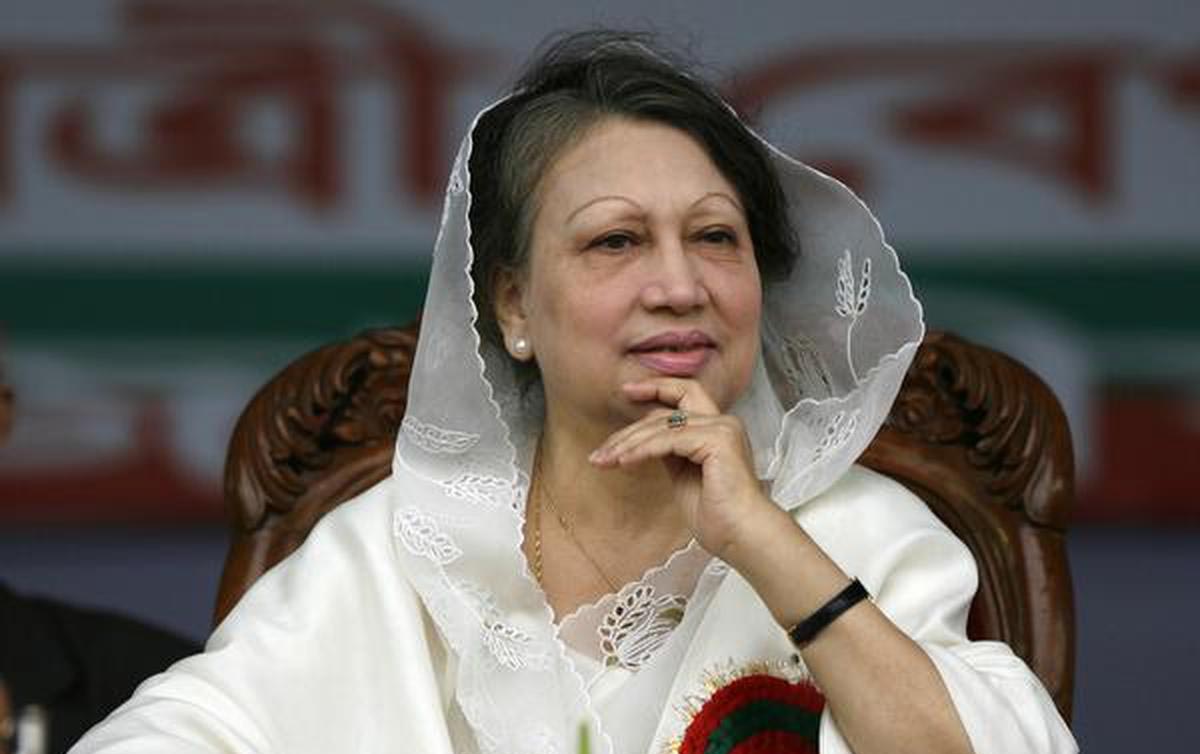







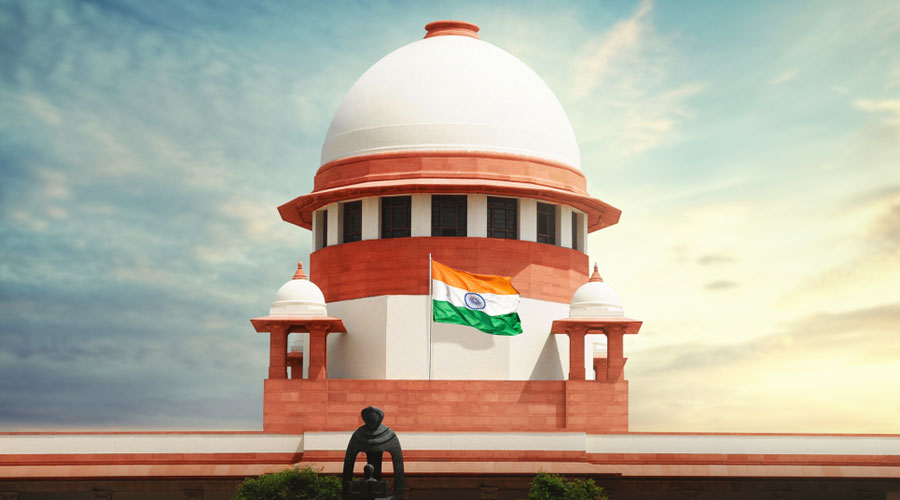
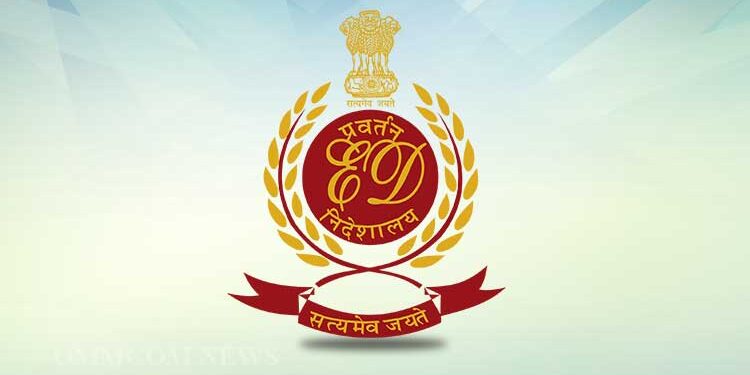

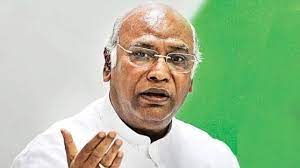

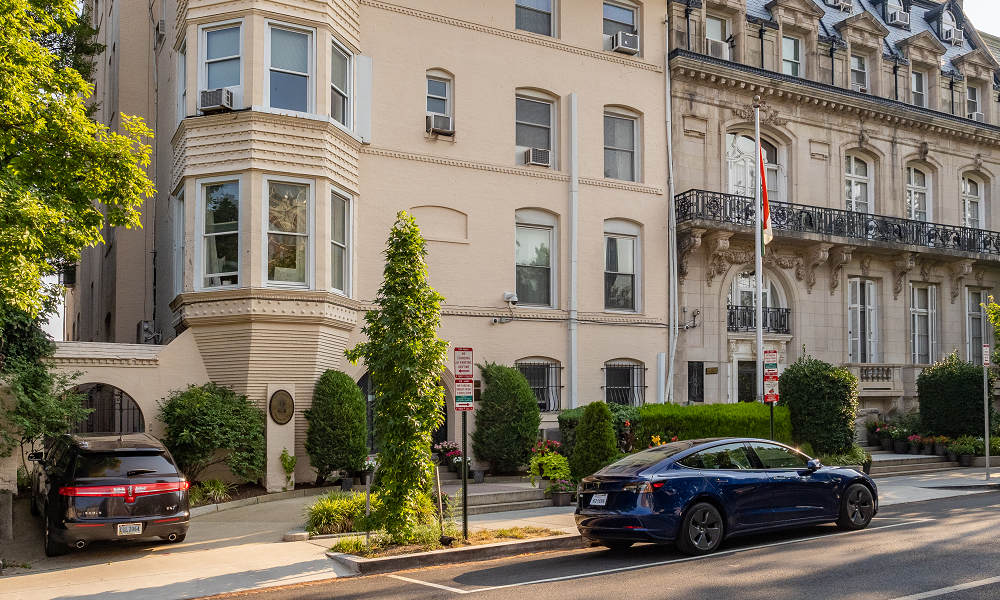
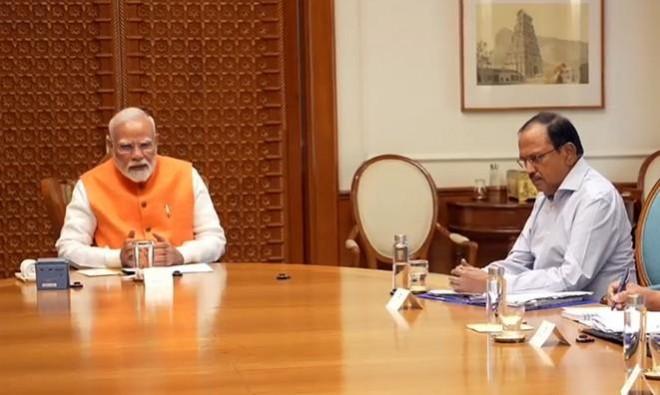
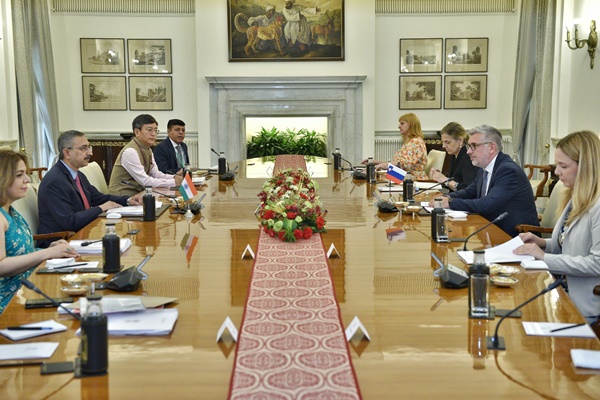
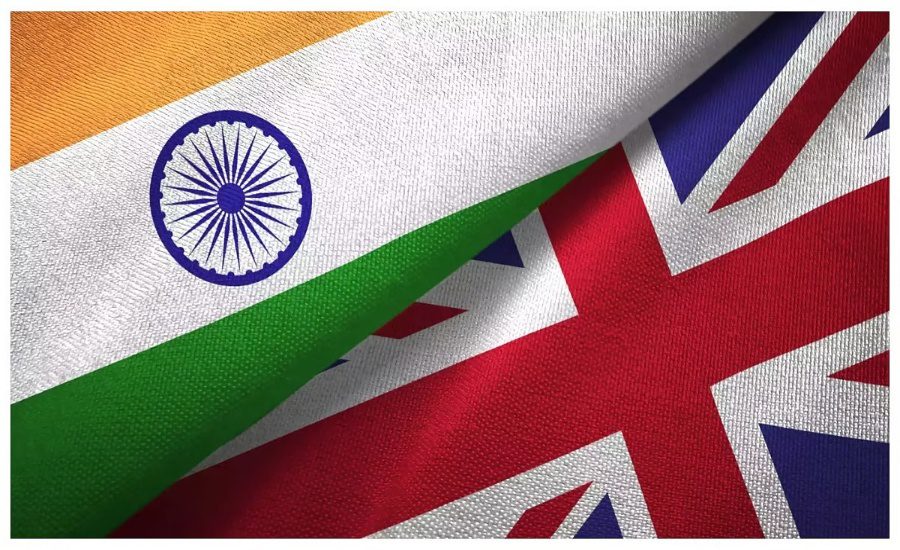
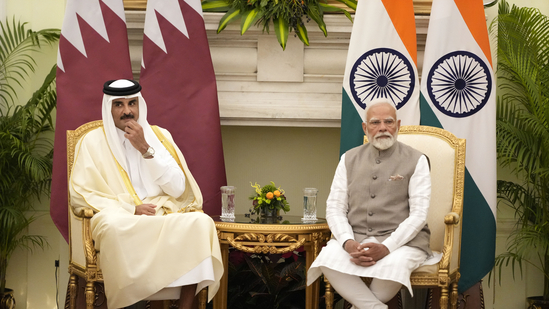


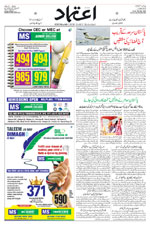


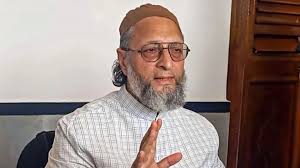







.jpg)




